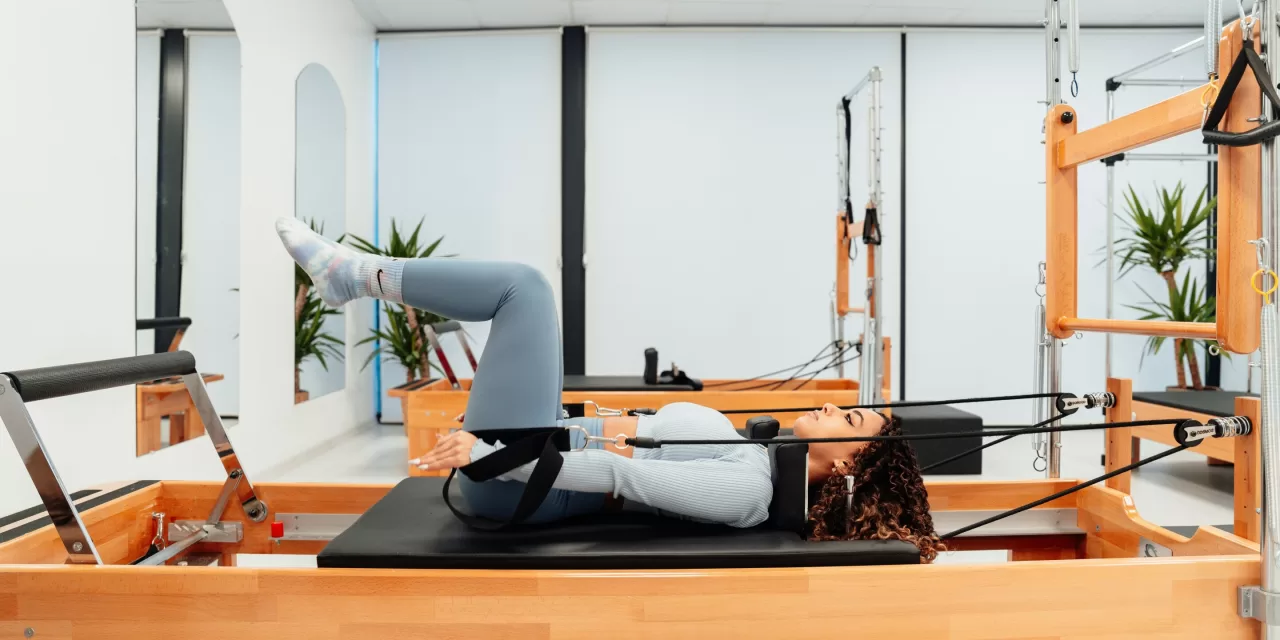A recent study highlighted by medical experts suggests that a combination of aerobic and resistance training is the most effective form of exercise for individuals with Type 1 diabetes. This approach, as detailed in an article by The Indian Express, offers significant benefits in managing blood glucose levels and improving overall health.
While exercise is widely recognized as a crucial component of diabetes management, pinpointing the optimal type has been a subject of ongoing research. Experts now indicate that a balanced routine incorporating both cardiovascular workouts and strength training yields the most favorable outcomes.
Aerobic exercise, such as brisk walking, running, or cycling, helps improve cardiovascular health and insulin sensitivity. Resistance training, involving exercises like weightlifting or bodyweight movements, builds muscle mass, which in turn enhances glucose uptake and utilization.
The study emphasizes that individuals with Type 1 diabetes should prioritize a structured exercise plan tailored to their specific needs and health conditions. Regular monitoring of blood glucose levels before, during, and after exercise is crucial to prevent hypoglycemia or hyperglycemia.
Furthermore, the research underscores the importance of consulting with a healthcare professional or certified diabetes educator before starting any new exercise regimen. This ensures that the exercise plan is safe and effective, and that appropriate adjustments to insulin therapy can be made as needed.
The combined approach not only helps manage blood sugar but also contributes to improved cardiovascular fitness, muscle strength, and overall well-being. This comprehensive strategy empowers individuals with Type 1 diabetes to lead active and healthy lives.
Disclaimer:
This news article is based on information provided in the linked article from The Indian Express and should not be considered medical advice. Individuals with Type 1 diabetes should consult with their healthcare provider or a certified diabetes educator to determine the most appropriate exercise plan for their specific needs. The information provided is for general knowledge and informational purposes only, and does not constitute medical advice. It is essential to consult with a qualified healthcare professional for any health concerns or before making any decisions related to your health or treatment.1Always monitor your blood glucose levels before, during, and after exercise, and adjust insulin therapy as directed by your healthcare provider.(https://indianexpress.com/article/lifestyle/health/best-form-of-exercise-for-type-1-diabetes-9541744/)












